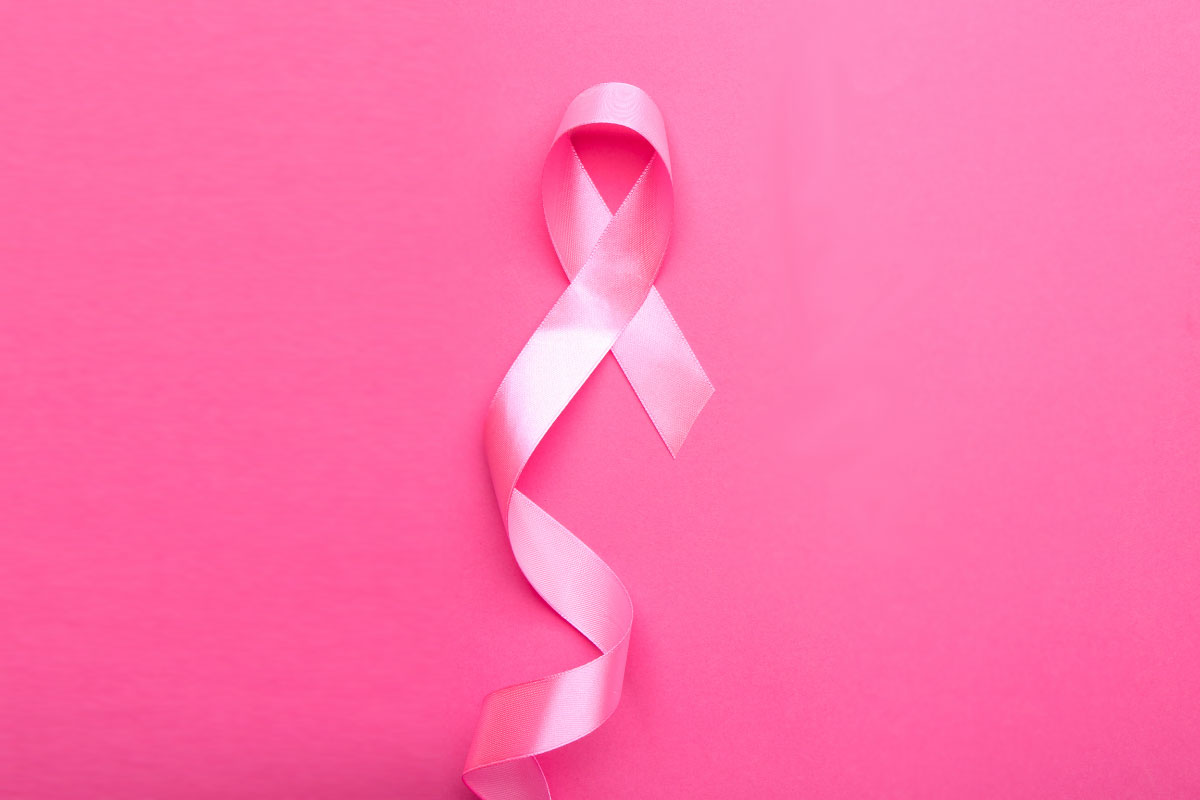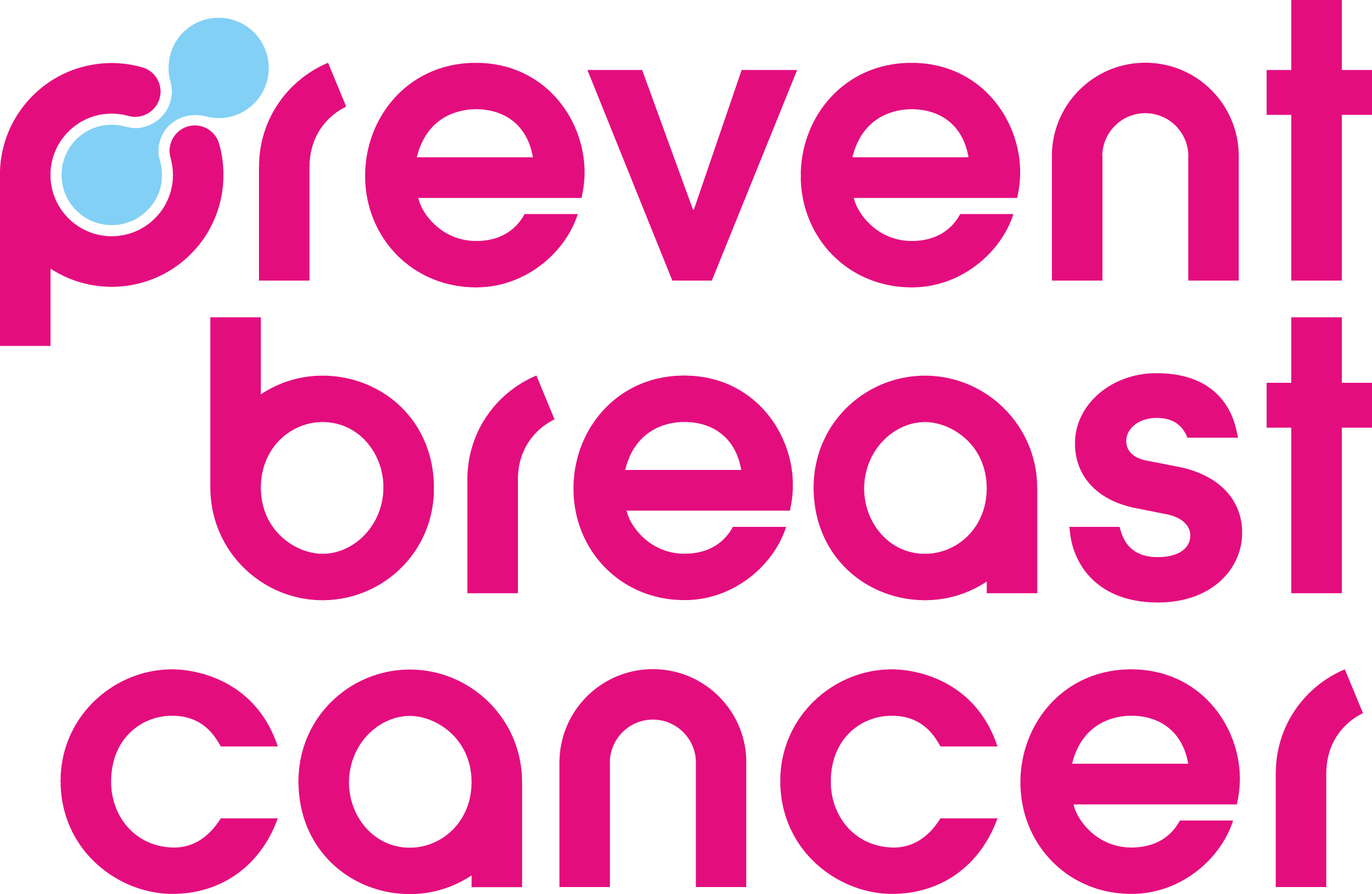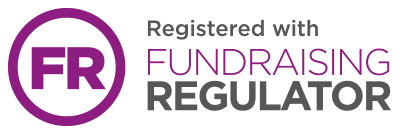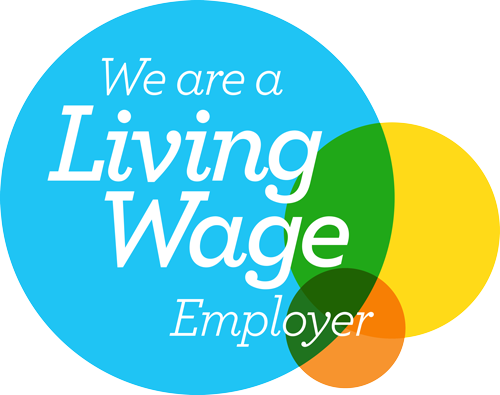Causes and Risk Factors
Understanding causes and risk factors of breast cancer are important steps towards better prediction and prevention of the disease. Watch Lester Barr MBE, Co-Founder & Honorary President of Prevent Breast Cancer, explain ways you can reduce your risk.
What does causes and risk factors of breast cancer mean?
Unlike other cancers, there is not just one single thing that causes breast cancer. It seems to be a combination of things that work together to make breast cancer happen. Even for women that carry high risk genes, it’s not just the gene, there are other things going on such as genetic, environmental and lifestyle factors that can trigger the cancer to develop. This means that there are things we can all do to reduce our risk of developing breast cancer.
Breast cancer risk
Here at Prevent Breast Cancer, we use the idea of a spectrum when we talk about breast cancer risk, rather than quoting numbers such as 1 in 9, 1 in 8 etc. This is because we believe these numbers are in fact a bit misleading.
At one end of the scale, there are women who carry a very high-risk gene such as BRCA1 or BRCA2, whose risk can be as high as 85%. At the other end of the scale are women who, as a result of their genetics and lifestyle have only a very low risk of around 1 in 50.
Most women are somewhere in the middle. For the average woman, who does not carry a high-risk gene, the risk is probably around 1 in 20.
Inherited vs non-inherited risk factors
Our current estimate of what causes breast cancer is that 25% is inherited, and 75% is non-inherited. Non-inherited risk factors are what we acquire during our lifetime from internal and external environmental factors. Often non-inherited risk factors are referred to simply as ‘environmental factors’ but this can be misinterpreted as solely external environmental influences, such as chemicals and pollution, when in fact, our internal environment of hormone balance, diet and lifestyle, also plays a significant role.
Causes & risk factors of breast cancer
Frequently asked questions
Absolute vs relative risk
Simply put, the ‘risk’ of something happening is its chance of taking place.
Absolute risk is the chance of something happening to you over a period of time i.e getting breast cancer. Whereas relative risk is something that might change that absolute risk i.e. taking the contraceptive pill or losing weight.
About Prevent Breast Cancer
Prevent Breast Cancer is the only UK charity entirely dedicated to the prediction and prevention of breast cancer – we’re committed to freeing the world from the disease altogether. Unlike many cancer charities, we’re focused on preventing, rather than curing. Promoting early diagnosis, screening and lifestyle changes, we believe we can stop the problem before it starts. And being situated at the only breast cancer prevention centre in the UK, we’re right at the front-line in the fight against the disease. Join us today and help us create a future free from breast cancer. If you have any questions or concerns, email us today.
on January 16, 2023.
on January 1, 2023.

























